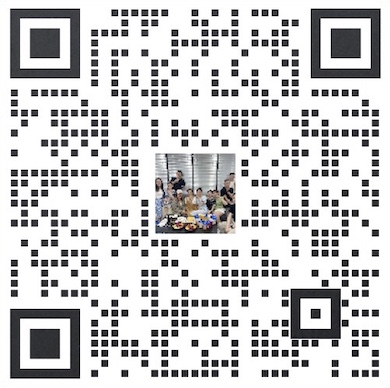
7x9小时
9:00am - 6:00pm
免费售前热线
13338363507
Blockchain and CRM: Revolutionizing Data Integrity in System Building
2024-02-06
Blockchain technology has been making waves in various industries, and its potential to revolutionize data integrity in system building is particularly evident in the field of customer relationship management (CRM). In this article, we will delve into the ways in which blockchain is transforming the way data is managed and secured in CRM systems, and the implications of this revolution for businesses and their customers.
At its core, CRM is all about managing and leveraging customer data to build and maintain strong relationships with clients. However, traditional CRM systems are often plagued by issues of data integrity, security, and trust. Data can be easily tampered with or manipulated, leading to inaccuracies and inconsistencies that can have a detrimental impact on business operations and customer relationships. This is where blockchain comes in as a game-changer.
Blockchain technology, best known as the underlying technology behind cryptocurrencies like Bitcoin, is essentially a decentralized and distributed ledger that records transactions across a network of computers. Each transaction is verified and added to the ledger through consensus mechanisms, making it virtually impossible to alter or delete data once it has been recorded. This inherent immutability and transparency of blockchain make it an ideal solution for addressing the data integrity challenges in CRM systems.
By integrating blockchain into CRM systems, businesses can ensure that customer data is securely stored and managed in a tamper-proof and transparent manner. Every interaction and transaction with customers can be recorded on the blockchain, providing a complete and unalterable history of customer engagements. This not only enhances the accuracy and reliability of customer data but also builds trust and confidence among customers, knowing that their information is being handled with the utmost integrity.
Moreover, blockchain enables the creation of smart contracts, which are self-executing contracts with the terms of the agreement directly written into code. In the context of CRM, smart contracts can automate and streamline various processes such as customer onboarding, sales agreements, and service level agreements. This not only reduces the need for intermediaries and manual intervention but also ensures that all parties involved adhere to the terms and conditions of the contract, further enhancing data integrity and trust.
Furthermore, blockchain technology can facilitate the secure sharing of customer data across different departments and organizations within a permissioned network. This can streamline collaboration and communication, while maintaining the privacy and security of sensitive customer information. With blockchain, businesses can also empower customers to have greater control over their own data, allowing them to grant and revoke access to their information as they see fit.
In conclusion, the integration of blockchain technology into CRM systems is revolutionizing the way data integrity is achieved and maintained. By leveraging the immutability, transparency, and automation capabilities of blockchain, businesses can ensure the accuracy, security, and trustworthiness of customer data, ultimately leading to stronger and more meaningful customer relationships. As blockchain continues to evolve and mature, its impact on CRM and data integrity will undoubtedly be profound, shaping the future of customer management in the digital age.
↓Scan code to addqiqueadviser↓

↑Learn more digital scenes↑
Extended Reading:
AI Integration in CRM Systems: Future Trends in System Optimization Crisis Communication Plan in Rollout: Transparent Communication during Challenges Celebrating CRM Launch: Recognizing Achievements in Successful Implementation Documentation for End-Users: Providing Comprehensive Guides for System Operation User Feedback Loops: Incorporating Input for Ongoing System Optimization Continuous Improvement Strategies: Iterative Enhancements for Long-Term Success Post-Implementation Support: Providing Assistance for User Queries and Issues Performance Monitoring in Initial Stages: Identifying and Addressing System Challenges Incremental Rollout vs. Full Deployment: Choosing the Right Strategy for Implementation User Training Strategies: Equipping Teams for Efficient CRM Utilization more>>
Useful
Useless
Share on WeChat
Open within mini program
![]()
Open WeChat to "scan" and forward to friends
Open WeChat "Scan" and open it in the mini program
关闭预览


